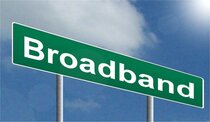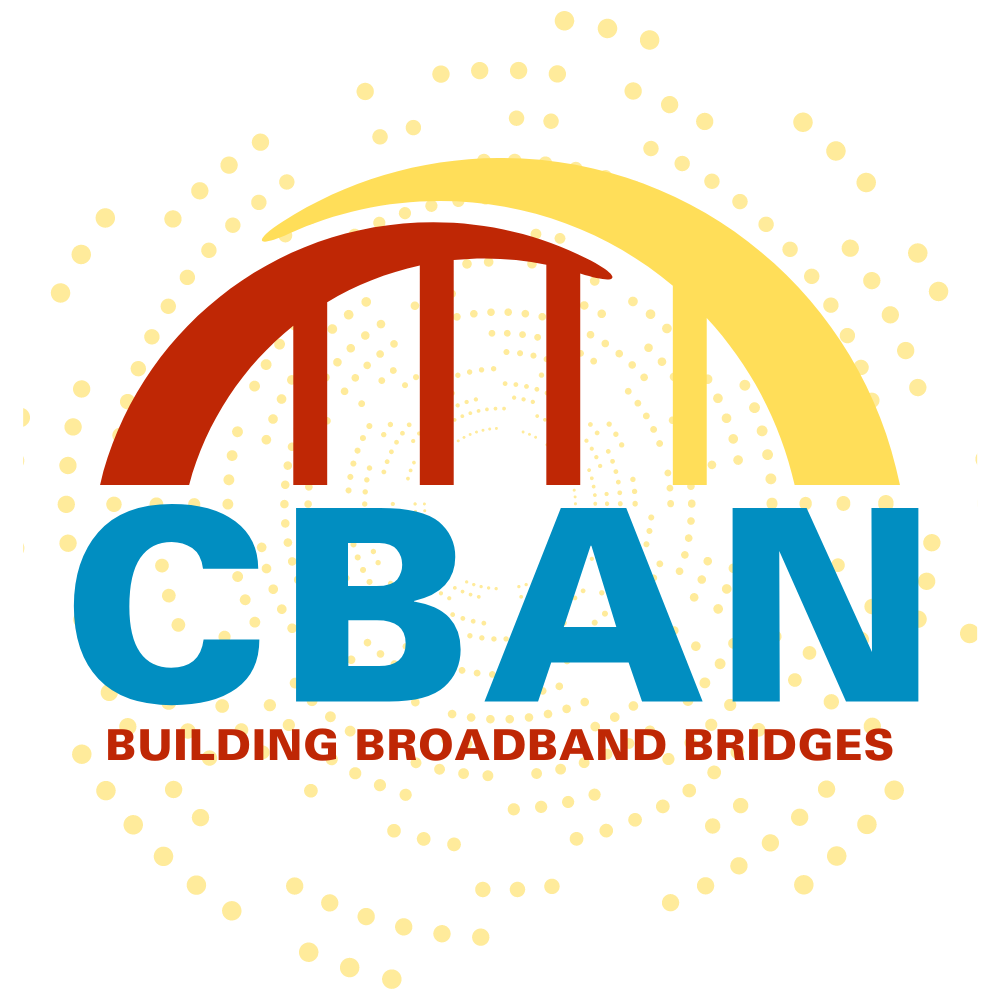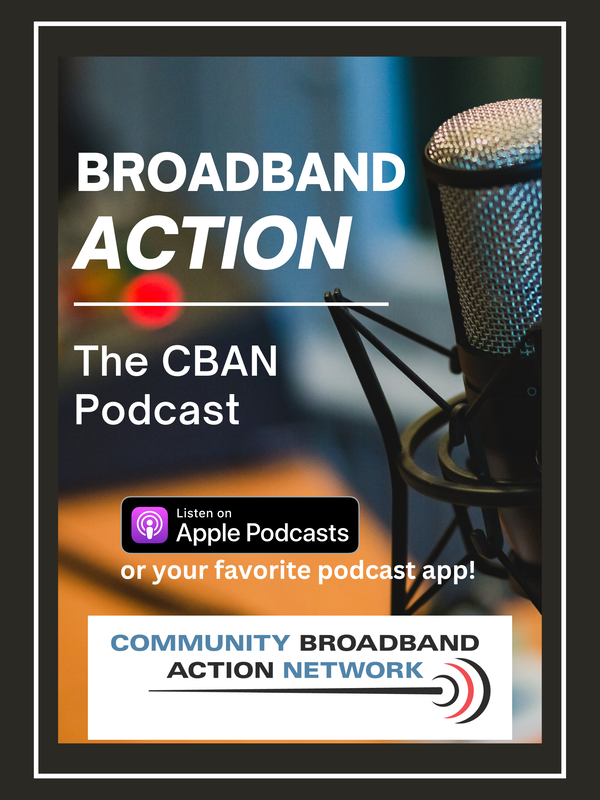 A bipartisan group of United States Senators say that the FCC's definition of broadband is out of date, and are advocating for a major increase in the threshhold. In 2015, the FCC created a definition of "broadband" as internet service with a minimum advertised download speed of 25 megabits per second (Mbps) and an upload speed of at least 3 Mbps. Since 2015, a LOT has changed. Average residential data usage has skyrocketed. Consumers have been steadily shifting their entertainment consumption from linear cable TV to streaming services. Many of those streaming services did not even exist when the definition was set. The group of senators - 2 Democrats, a Republican, and an Independent- sent a letter to the FCC earlier this month calling for them to increase the broadband definition to 100 Mbps for both download and upload speeds. As described in an article at The Verge: “Going forward, we should make every effort to spend limited federal dollars on broadband networks capable of providing sufficient download and upload speeds and quality,” Sens. Michael Bennet (D-CO), Joe Manchin (D-WV), Angus King (I-ME), and Rob Portman (R-OH) wrote to the FCC and other agencies. “There is no reason federal funding to rural areas should not support the type of speeds used by households in typical well-served urban and suburban areas.” Many in the industry now see 100x100 internet speeds as the defacto standard for a baseline internet service. New fiber networks being built by both public and private providers rarely offer a lower tier than 100x100. State lawmakers are increasingly using 100x100 as a requirement for state grant programs. And even in areas where lower speeds are offered, more and more consumers are choosing to upgrade because they are finding that lower speeds - especially at the FCC standard - are just not cutting it. While increasing the broadband definition seems like a no-brainer, it's that upload speed increase that may cause the most heartburn among internet providers. While fiber networks are, by their very nature, capable of symmetrical download and upload speeds, it's a bigger technical challenge for other platforms such as cable, DSL, and fixed wireless. A change in the definition this large could open up vast new areas to funding streams that aren't currently eligible. It's likely the senators' suggestion will meet with a major pushback from incumbent operators.
0 Comments
Leave a Reply. |
Broadband Bytes NewsPresented by the Community Broadband Action Network and curated by Curtis Dean. Archives
July 2024
Categories
All
|




 RSS Feed
RSS Feed
